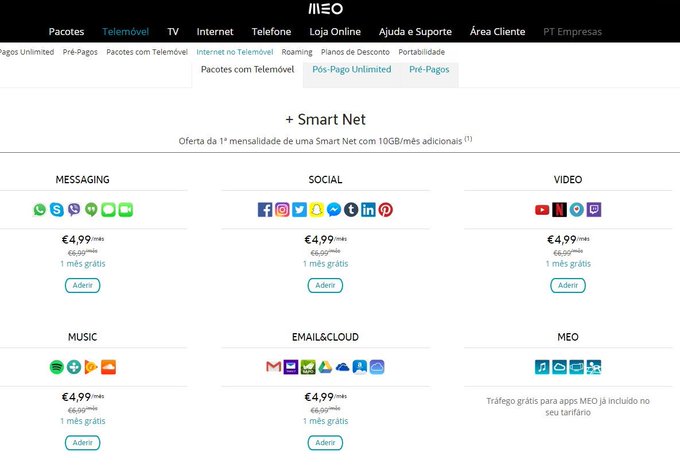With several reports about data breaches occurring over the past few years, we've developed something of a mantra around here: it's always, always worse than first reported. Yahoo just went through this having finally admitted that literally every email account was compromised way back in 2013 after having first said it was only a few hundred thousand accounts that were impacted. Deloitte and Equifax followed this same playbook with their own breaches, trickling out little by little just how wide an impact those hacks had achieved.
And now we're seeing something of a spinoff of that mantra when it comes to the impact Russian trolls and the now infamous Internet Research Agency (IRA) advertising buys had on Facebook. You may recall that everything about this story seemed fairly minimalist in the initial reporting. The amount of money spent on the ad-buy itself was low enough to induce eyerolls from many. Facebook itself estimated that 11.4 million people saw ads bought by the IRA over the course of two years or so, which is not the kind of number that sets off all four alarms at the democracy firehouse. But Facebook has now given everyone a better idea of how much reach these ads actually had. And these numbers are far more alarming.
Facebook will inform lawmakers this week that roughly 126 million Americans may have been exposed to content generated on its platform by the Russian government-linked troll farm known as the Internet Research Agency between June 2015 and August 2017, CNN has learned. In written testimony to the Senate Judiciary Subcommittee on Crime and Terrorism, a copy of which was obtained by CNN, Facebook General Counsel Colin Stretch says that 29 million people were served content directly from the Internet Research Agency, and that after sharing among users is accounted for, a total of "approximately 126 million people" may have seen it.Facebook does not know, however, how many of those 126 million people actually saw one of those posts, or how many may have scrolled past it or simply not logged in on the day that one of the posts was being served in their News Feed.
The inability to nail down just how many eyeballs viewed these ads is, of course, due to the nature of social media. Buying the ads and targeting primary viewers of them is one thing, but it's the sharing and re-sharing of those ads that extend their reach exponentially. And it's quite nice of Facebook to come right out and admit that it actually has no idea how many people viewed these ads, even as it offers up estimates to the contrary.
This is a feature of a social media platform like Facebook, not a bug. And, to the IRA's credit, it's a brilliant and inexpensive method for having some measure of influence in a foreign country's democracy. Facebook builds a sharing tool and these folks take advantage of the very nature of that tool.
Which is what makes Facebook's attempt to downplay all of this all the more perplexing.
Nevertheless, Facebook says in its testimony that the posts from those pages represented "a tiny fraction of the overall content on Facebook.""This equals about four-thousandths of one percent (0.004%) of content in News Feed, or approximately 1 out of 23,000 pieces of content," Stretch writes. "Put another way, if each of these posts were a commercial on television, you'd have to watch more than 600 hours of television to see something from the IRA."
Except, as Facebook and Colin Stretch damned well know, Facebook doesn't operate anything remotely like television. Nor do its ads. The engagement process of those ads is wildly different. The ability to share those ads is not a feature of television. The granular targeting for eyeballs of those ads is simply not something that can be achieved by television advertising. The geographic targeting specifically, with an eye on influencing votes and the outcome of an election, is simply not a feature available to traditional television advertising. I know why Facebook wants to pretend otherwise in this instance, but it simply isn't true.
So, even as some are trying to downplay the impact, and even the existence, of this foreign intervention into our election cycle, it's worth acknowledging that these things, like data breaches, tend to be worse than first reported. And no obfuscation from Facebook about how much like television it is can change the raw numbers, or its acknowledgement that it doesn't actually know how many people saw this stuff.









